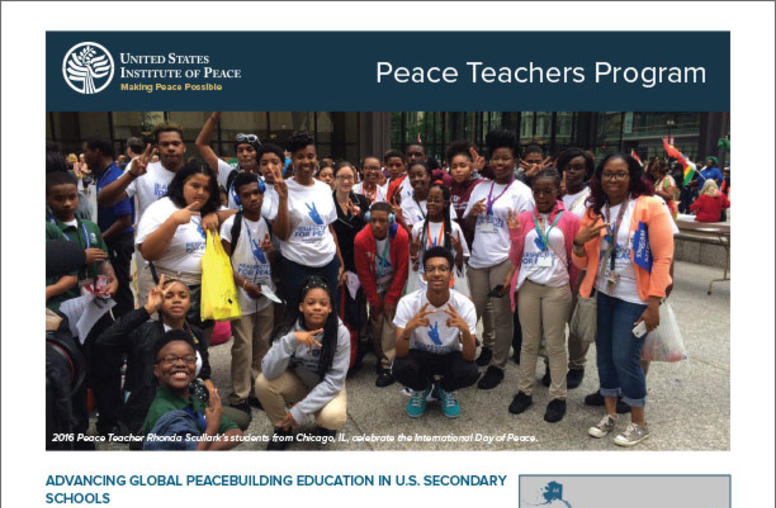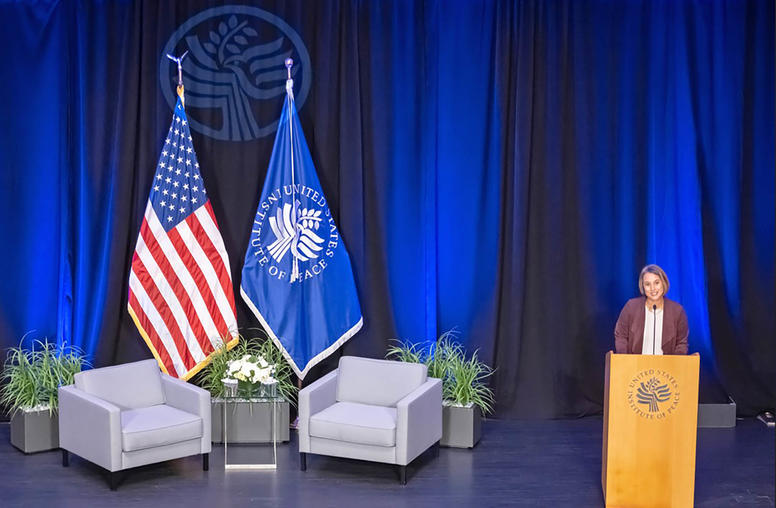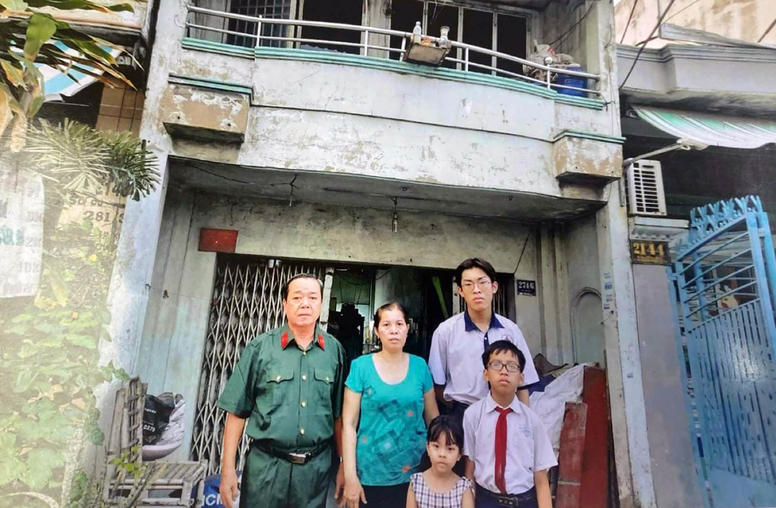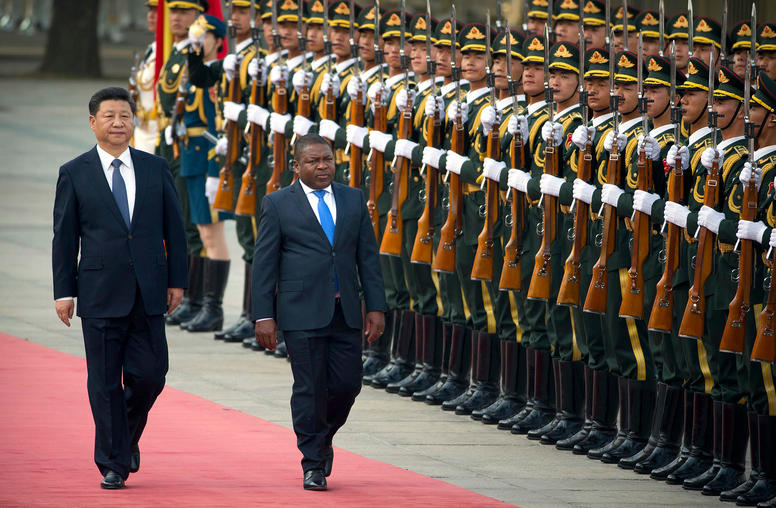Webcast: End Female Genital Mutilation
Experts Shape a Strategy to Halt the Violence of ‘FGM/C’ by 2030
Read the Event CoverageMore than 200 million girls and women in 30 countries live with the medical and emotional complications of female genital mutilation or cutting (FGM/C), UNICEF estimates. But that is an incomplete measure of this global problem. In most countries, the majority of girls subjected to this violence are no more than five years old, and the physical and psychological impacts are lifelong. As part of the United Nations’ global development goals, governments worldwide declared their intent two years ago to end this human rights violation by 2030. On December 2, USIP held a day-long conference in which expert educators, medical providers, law enforcement officials, religious leaders and others laid groundwork for an intensified global strategy that will be required to meet the 2030 goal.
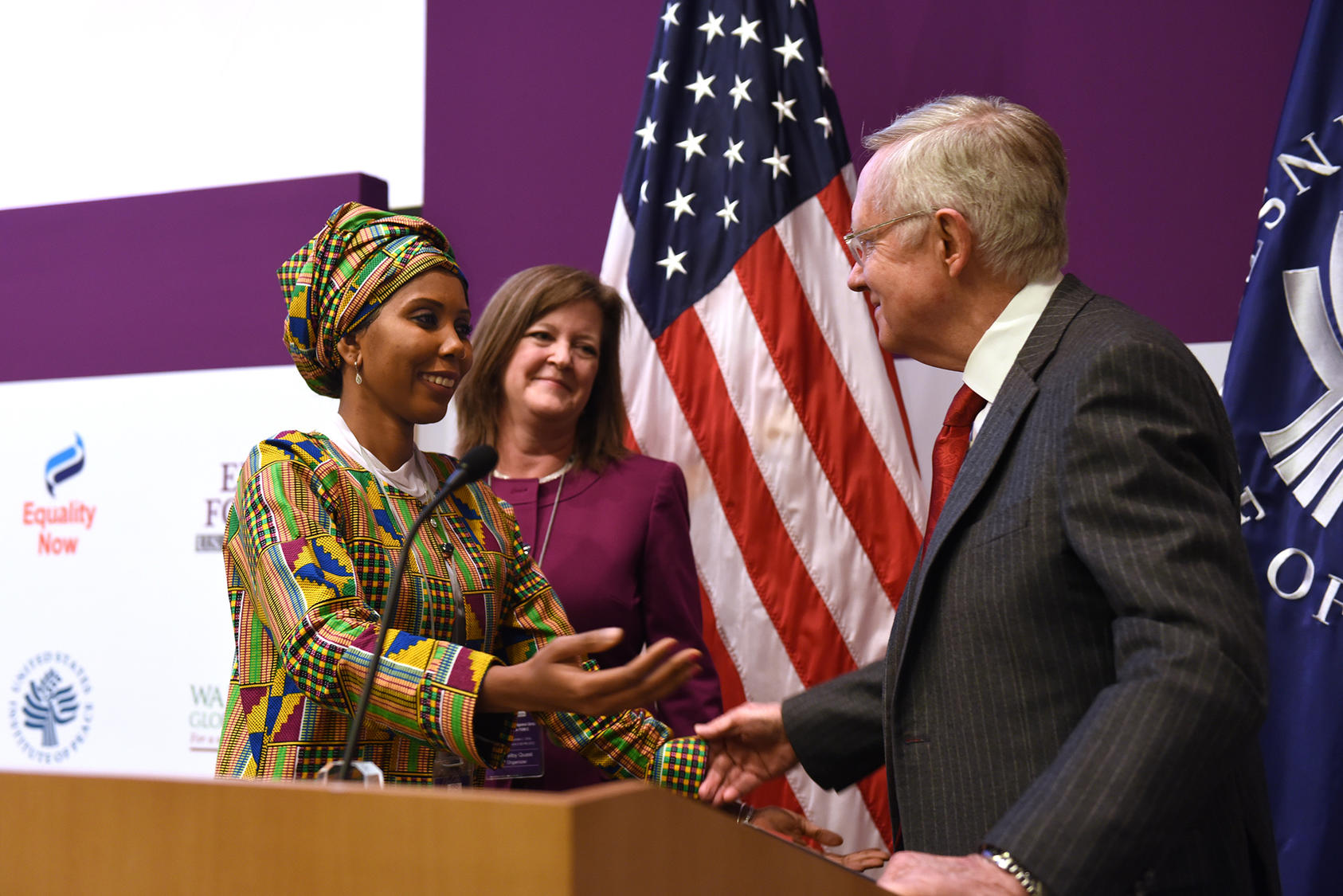
The prevalence of this violence against girls is declining where governments and civil society work together to spread information and education on the harm it causes, from trauma, bleeding and infections to dangerous complications in childbirth. In Liberia, the percentage of girls aged 15 to 19 subjected to FGM/C declined from 72 percent in 1983 to 31 percent in 2014. Kenya, Burkina Faso and Egypt recorded improvements as the result of public awareness campaigns. But rapid population growth in countries that continue the practice means that the total number of girls and women harmed “will increase significantly over the next 15 years,” UNICEF says. This population growth means that a much bigger and more collaborative push is required worldwide to meet the goal of eradication by 2030.
The discussion was held online, with comments and questions provided via Twitter using #EndFGM and #EndViolenceAgainstGirls. The agenda for the day is available.
